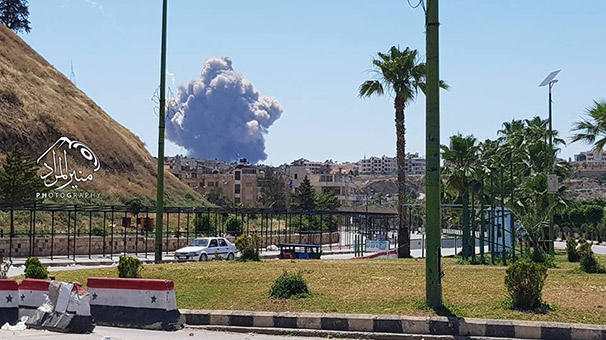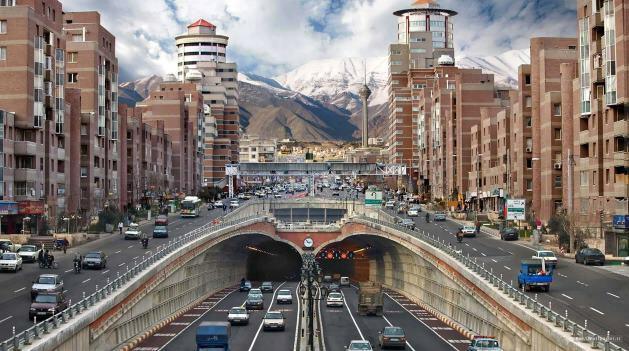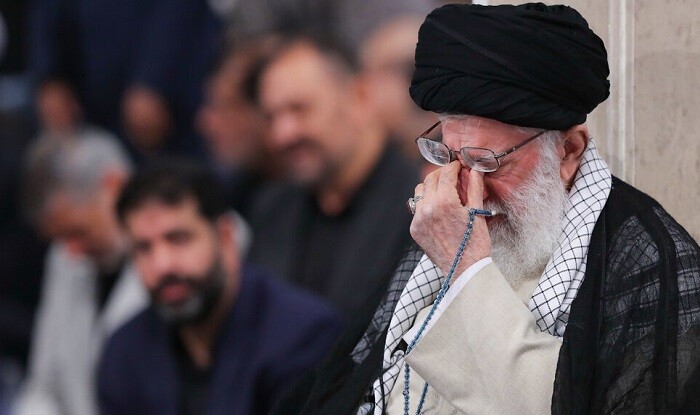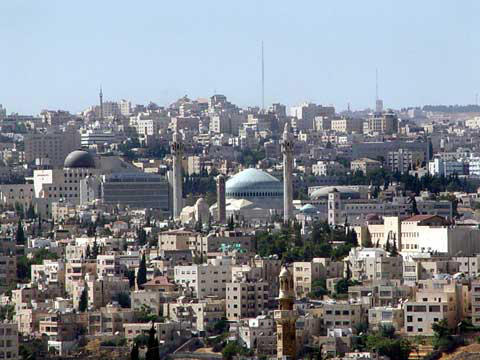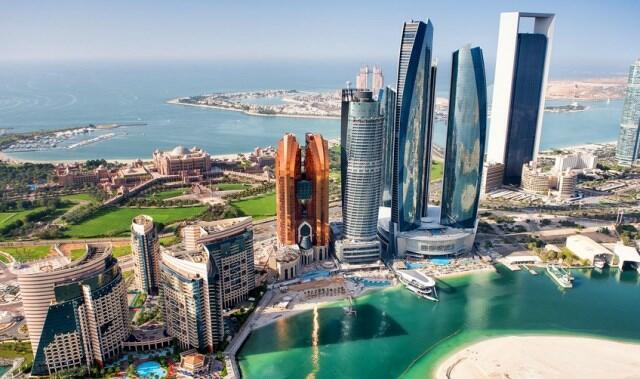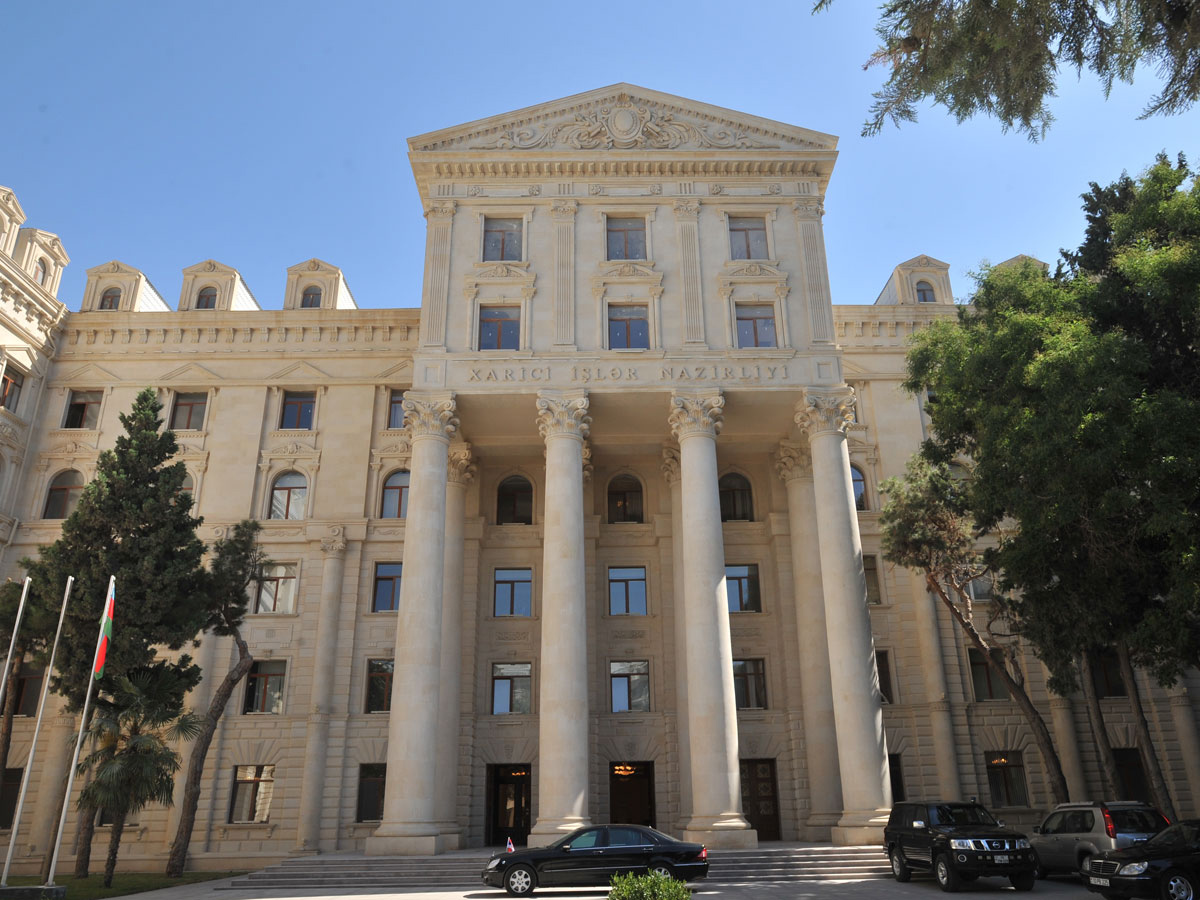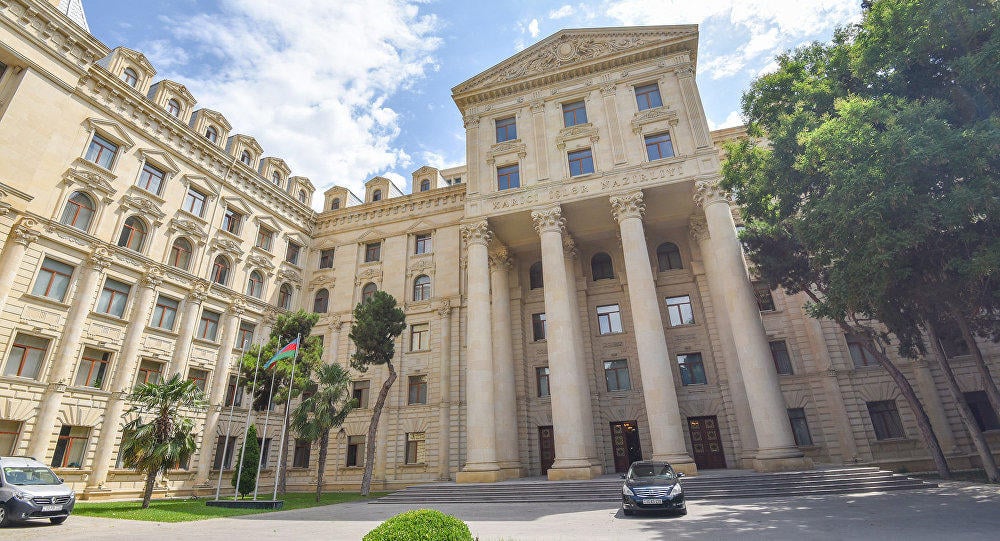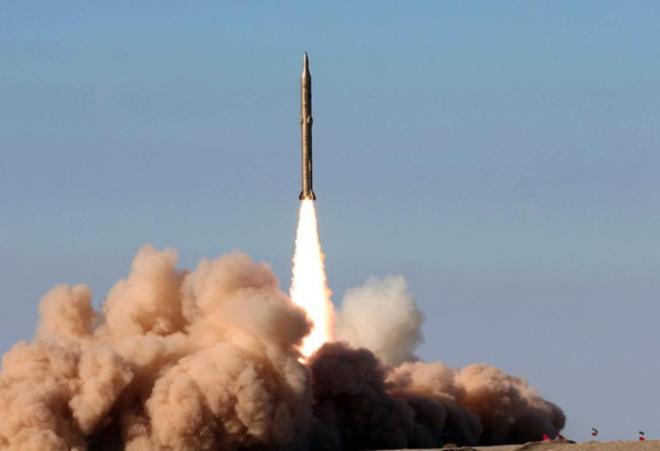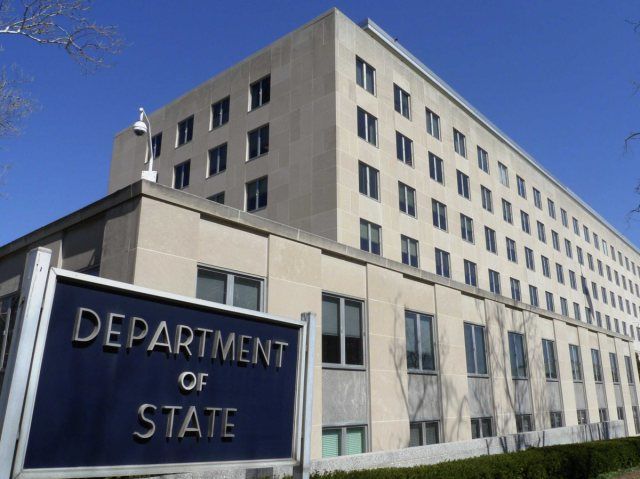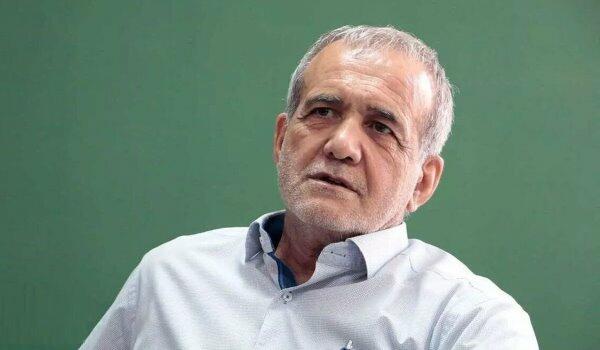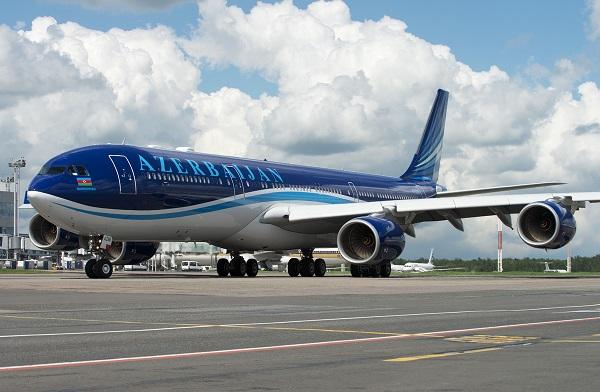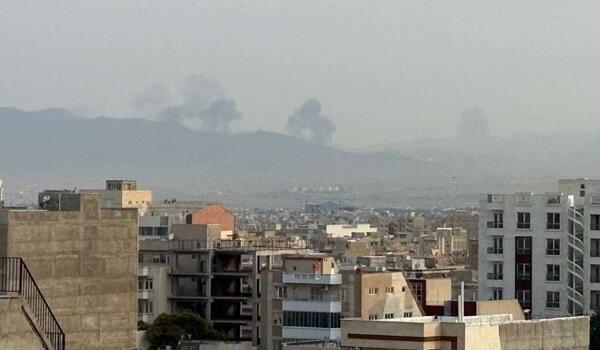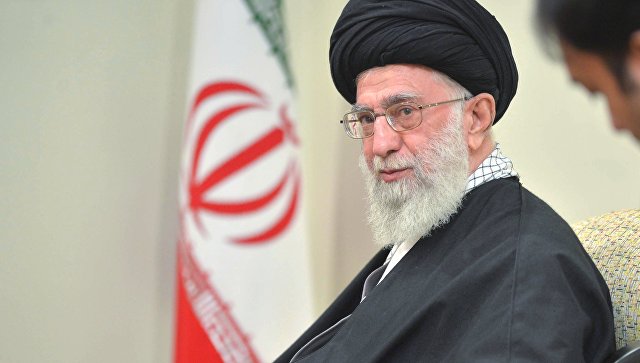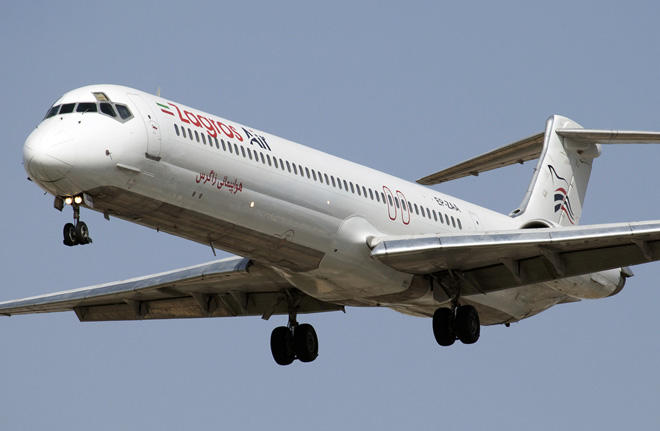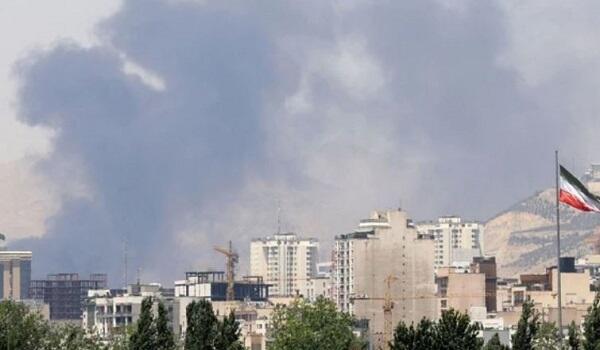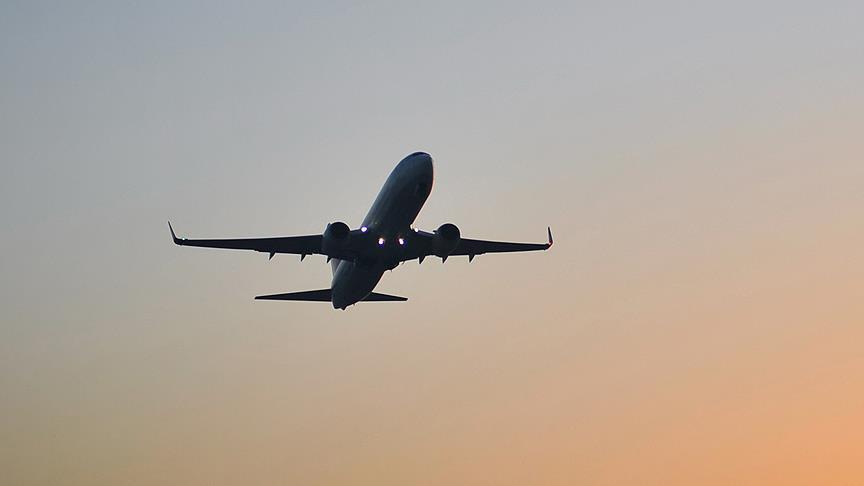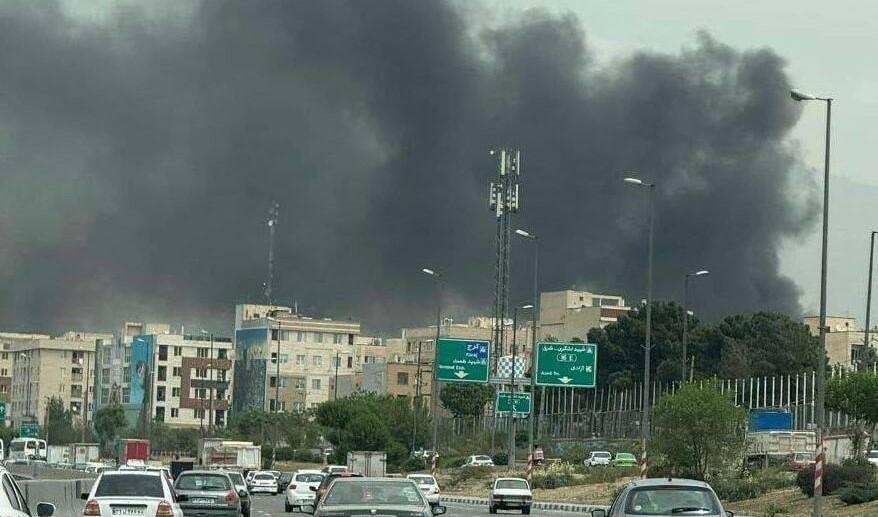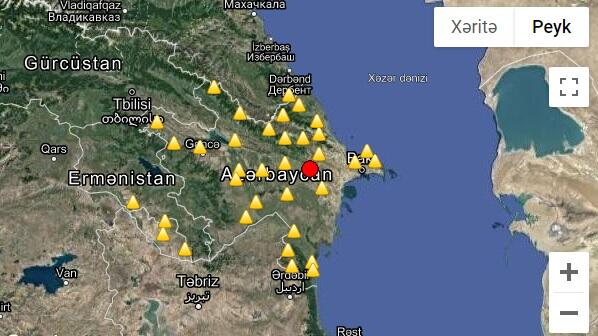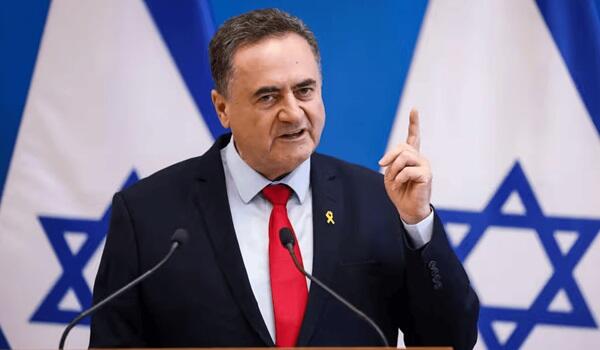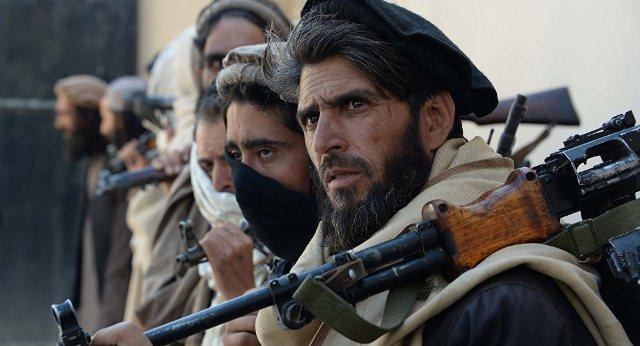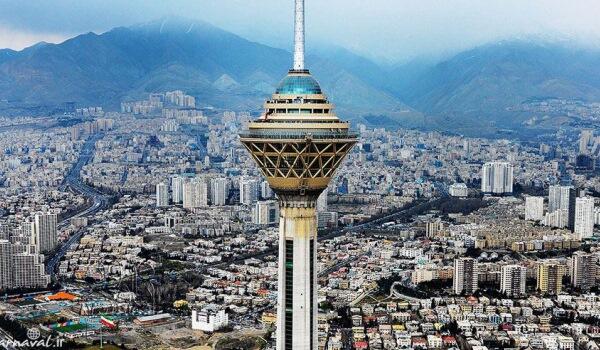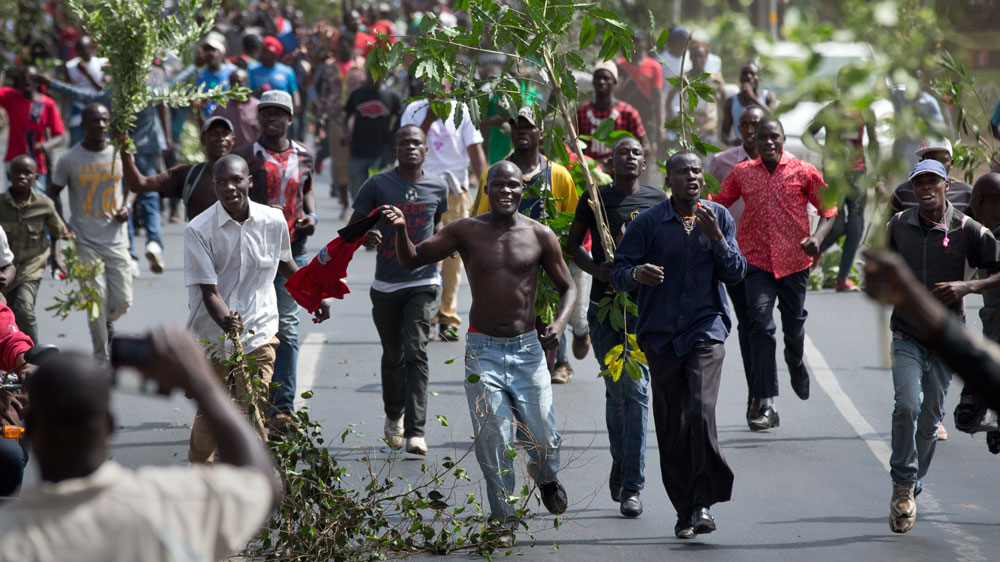Kenya's president and opposition leader both held election rallies outside their ethnic strongholds this week, as the candidates push harder to win votes in areas dominated by their rivals.
Axar.az reports citing on Reuters that, many Kenyans still vote along ethnic rather than policy lines, but President Uhuru Kenyatta and his chief opponent, Raila Odinga, have both signaled they are seeking support across the country's many communities.
"We do not move on tribal lines," Kenyatta told a cheering crowd in the eastern town of Kitui on Thursday. "It is my government's pledge to develop all parts of the country, regardless of region and tribe."
Kenyans will choose a new president, lawmakers and local representatives in the Aug. 8 elections.
Odinga has lost the last two elections, which were both marred by problems. The 2013 polls were peaceful after he took his concerns to court, but in 2007 he called for demonstrations. More than 1,200 people were killed in protests and ethnic violence that followed.
Pollsters say the 2017 race is too close to call, and the murder of a top election official and Odinga's repeated accusations of rigging have raised fears that political protests could once again degenerate into ethnic violence.
Kenya has 44 official tribes and election candidates usually form alliances with politicians from other ethnic groups to broaden their appeal.
Odinga has built his National Super Alliance (NASA) with leaders from four groups, stitching together support from politicians from three other ethnic backgrounds.
Although Kenya remains dominated by tribal politics, reforms aimed at fostering ethnic inclusion are bringing some small, gradual changes.
Kenyatta has attended more than 500 rallies all over the country during this campaign, said Justin Muturi, the speaker of the national assembly. That's more than twice as many as last time, he said.
"The last elections made us realize we couldn't rely on our coalition partners to bring in the support (of their ethnic group). It cost us votes," he said. "This time the president is speaking in every corner of the country. That didn't happen in 2013."
That's why Kenyatta traveled to campaign in Kitui, an area he previously neglected, Muturi said. It is home to many Kamba people, the ethnic group of Odinga's deputy presidential candidate, Kalonzo Musyoka.
Some opposition supporters shouted at reporters as the president's rally ended with a blast of music: "We support NASA! Kalonzo is our brother! He is from here!"
